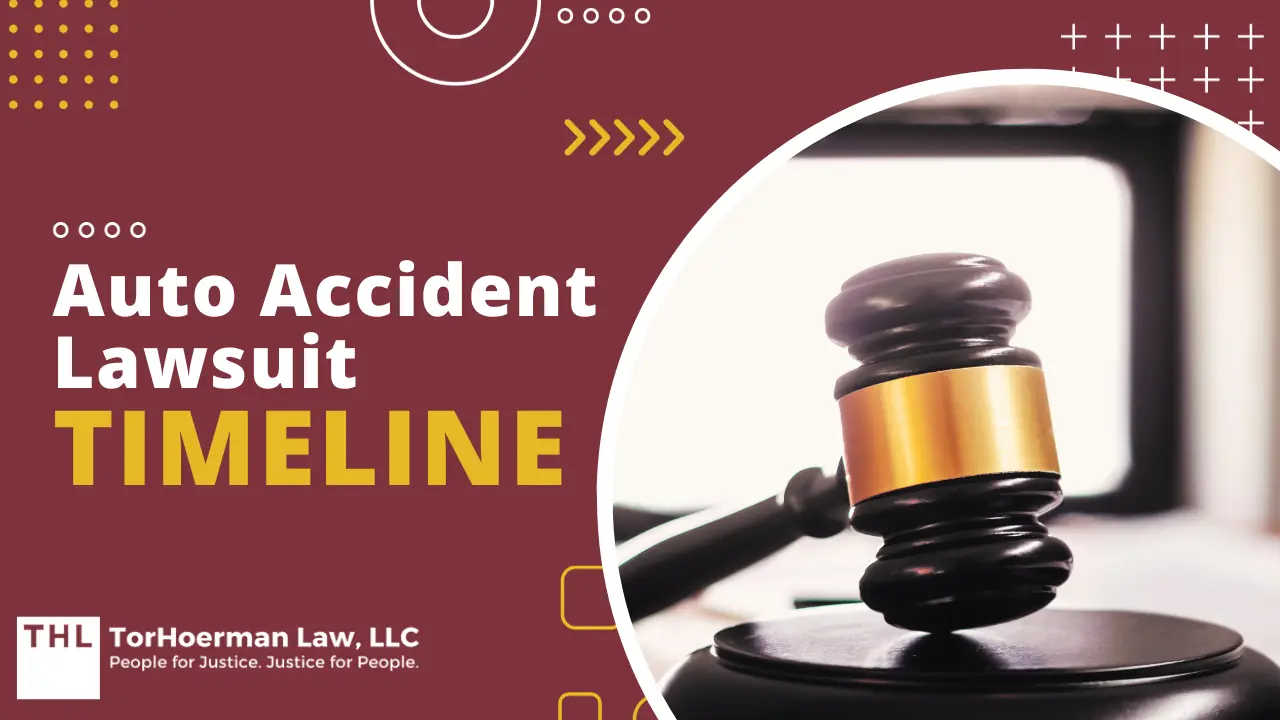What to Expect When Filing an Auto Accident Lawsuit
An auto accident can turn your life upside down in an instant. One moment you’re driving home from work, the next you’re dealing with pain, hospital bills, missed paychecks, and a totaled car. When the insurance settlement doesn’t cover your losses—or the at-fault driver refuses to take responsibility—you may be left with one option: filing an auto accident lawsuit.
Filing a lawsuit might sound intimidating, but it can be an essential step in getting the justice and compensation you deserve. Whether you’re just beginning to explore your legal options or you’re already considering court action, here’s what you need to know about the auto accident lawsuit process.
When Is a Lawsuit Necessary?
Most car accident claims are settled out of court through negotiations between attorneys and insurance companies. But sometimes, a lawsuit is the only path forward. Common reasons people file auto accident lawsuits include:
- Unfair or denied insurance claim
- Disputed liability (when the at-fault driver or insurer refuses to accept responsibility)
- Severe or long-term injuries that lead to higher damages
- Wrongful death resulting from the accident
- Bad faith insurance practices, such as delaying payments or refusing to investigate
If you’re being pressured to accept a low settlement or your injuries are serious enough to require ongoing treatment, speaking with an attorney about filing a lawsuit is a smart move.
Understanding the Legal Basics
An Auto Accident Lawsuit is a civil action—meaning you (the plaintiff) are seeking financial compensation from the at-fault driver (the defendant) or their insurer. These lawsuits typically fall under personal injury law, and they must be filed within a statute of limitations—a legal time limit that varies by state (often between 1 to 3 years from the date of the accident).
Before a lawsuit begins, your attorney will help you gather evidence to build a strong case, such as:
- Medical records and bills
- Police accident reports
- Photos of the crash scene
- Eyewitness statements
- Expert testimony (like accident reconstruction specialists or medical professionals)
This evidence will be used to prove that the other party was negligent—and that their negligence directly caused your injuries and financial losses.
What Happens During a Lawsuit?
While every case is unique, here’s a general overview of the lawsuit process:
1. Filing the Complaint
Your attorney will file a formal legal document (called a complaint or petition) outlining your allegations, the damages you’re seeking, and the legal basis for the case.
2. Serving the Defendant
The at-fault driver and/or their insurance company will be notified (served) with the lawsuit. They’ll have a specific amount of time to respond, typically 20–30 days.
3. Discovery Phase
Both sides gather and exchange information through a process called discovery. This includes written questions, document requests, and depositions (interviews under oath).
4. Settlement Negotiations Continue
Even after a lawsuit is filed, many cases still settle before trial. In fact, filing a lawsuit often puts pressure on the insurance company to offer a fairer settlement.
5. Trial (if necessary)
If a settlement can’t be reached, the case goes to trial. A judge or jury will hear the evidence and decide who’s liable—and how much compensation you should receive.
6. Verdict and Compensation
If you win, the court will award you damages, which could include medical expenses, lost income, property damage, and pain and suffering. In rare cases involving gross negligence, punitive damages may also be awarded.
How Long Does It Take?
Auto accident lawsuits don’t resolve overnight. A straightforward case might settle within a few months, but more complex cases involving serious injuries or disputed fault can take a year or more to resolve. The discovery process, court scheduling, and settlement discussions all affect the timeline.
That said, patience can pay off. Lawsuits often result in higher compensation than initial insurance offers, especially when the full extent of your injuries becomes clear over time.
Do You Need an Attorney?
You can technically file a lawsuit without an attorney, but going up against an experienced insurance defense team on your own is a steep uphill battle. Personal injury attorneys typically work on a contingency fee basis, meaning they only get paid if you win. That makes legal representation accessible even if you’re under financial strain after an accident.
An experienced auto accident lawyer can:
- Evaluate your claim and estimate its value
- Handle all legal paperwork and deadlines
- Negotiate aggressively on your behalf
- Represent you in court if needed
Most importantly, they’ll protect your rights and help you avoid common pitfalls that could hurt your case.
Final Thoughts: Know Your Rights and Fight for Fairness
The road to recovery after a serious car accident isn’t just physical—it’s financial and emotional, too. Filing an auto accident lawsuit may feel overwhelming, but for many, it’s a powerful tool to hold negligent drivers accountable and secure the compensation needed to rebuild their lives.
Don’t let an insurance company decide what your suffering is worth. If you’ve been injured and feel like you’re being treated unfairly, take control of your case by exploring your legal options. A strong legal advocate can make all the difference between a disappointing payout and the justice you truly deserve.





Post Comment